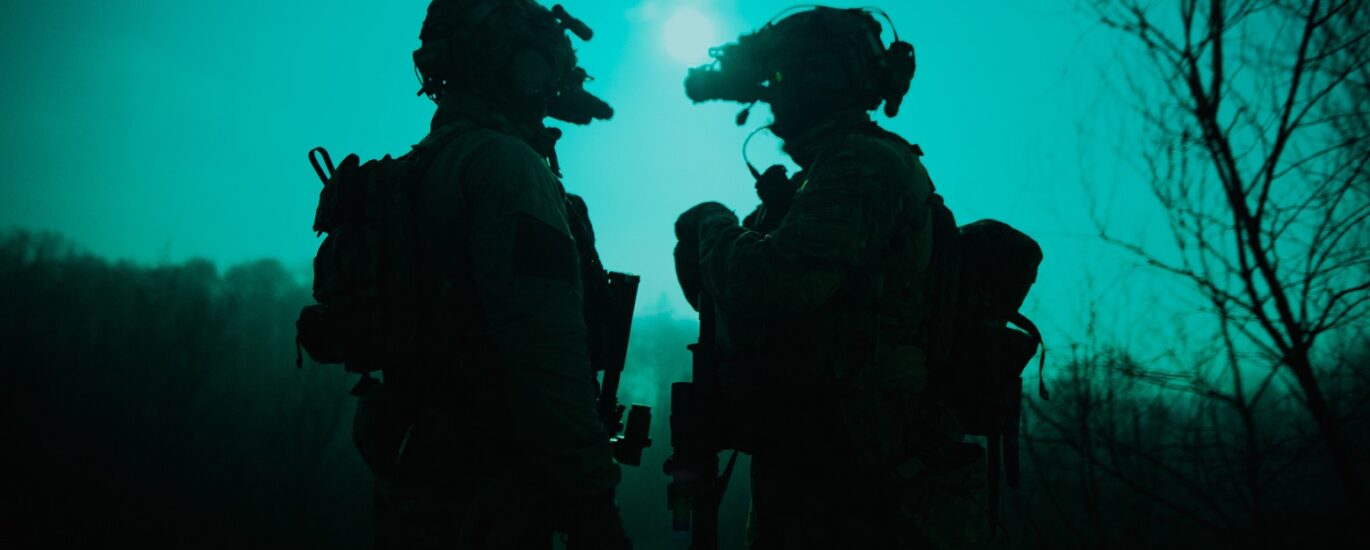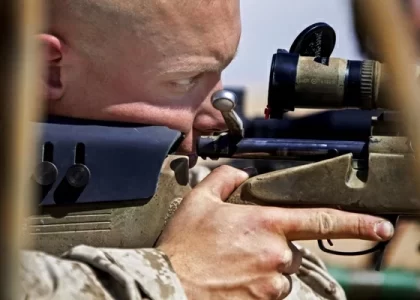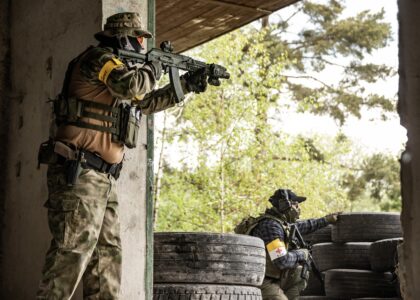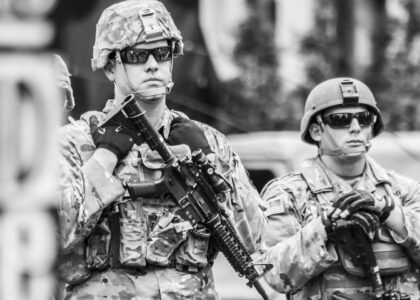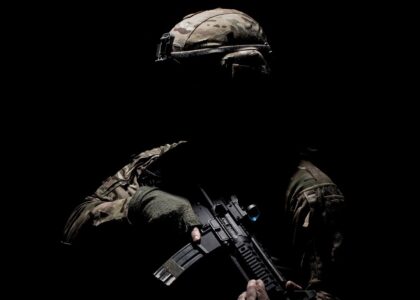The use of body armor is becoming more common among civilians worldwide. Whether for personal protection reasons or professions such as law enforcement, private security, and the military, body armor is essential and life-saving equipment. However, there is always a confusion regarding the legal aspects of body armor ownership and usage. Hence, it is crucial to understand the legal aspects surrounding body armor before choosing the best body armor for civilians. In this article, we will explore everything you need to know about the legal aspects of body armor to help you make an informed decision when selecting the best armor.
While body armor is legal in the United States, there is no federal law regulating its ownership, usage, or possession. However, several states have enacted laws that control the use or ownership of body armor. Some states, such as Connecticut, California, and New York, have imposed certain restrictions on the possession or purchase of body armor. Therefore, we advise that you check your state or local laws before acquiring body armor.
It is also important to note that the use of body armor during criminal activities is illegal. Even in states where body armor possession and usage are legal, wearing body armor during criminal activities is a crime. Any offenders caught wearing body armor during the commission of a crime will have to face additional charges and sentences.
There are various types of body armor available in the market, and choosing the best body armor for civilians is essential. Soft body armor and hard body armor are the most common types of body armor available. Soft body armor is flexible and lightweight, offering protection from handguns and other small arms. Hard body armor is rigid and more substantial, offering protection from high-caliber rifles and other powerful firearms. The type of body armor you choose depends on various factors, including the intended use and level of threat you face.
When selecting the best body armor for civilians, it is essential to consider the NIJ (National Institute of Justice) rating of the armor. The NIJ standardizes body armor’s effectiveness ratings, ranging from Level IIA to Level IV. Level IIA body armor provides minimal protection, while Level IV body armor provides maximum protection. We advise that you select body armor with a higher NIJ rating if you anticipate facing higher-level threats.
In conclusion, body armor is crucial in personal protection and professional roles such as law enforcement, private security, and the military. While body armor is legal in the United States, certain states have restrictions on its possession or usage. It is essential to check your state or local laws before acquiring body armor. Additionally, wearing body armor during criminal activities is illegal. When selecting the best body armor for civilians, consider the intended use, level of threat, and NIJ rating. Choose the body armor that offers the best protection and comfort to suit your individual needs.
For more articles, please click here.

